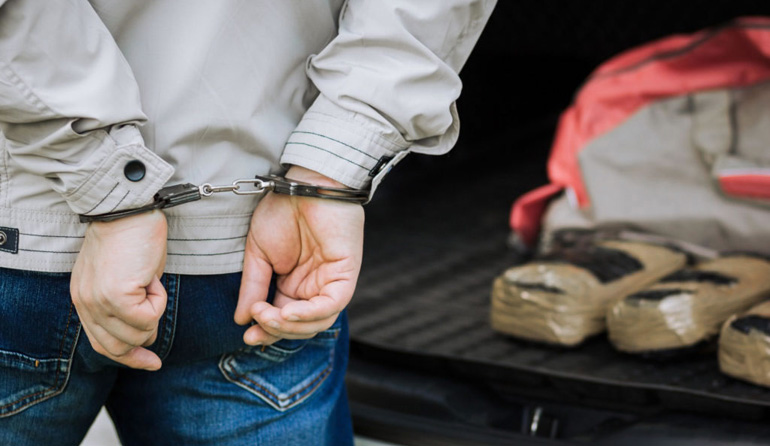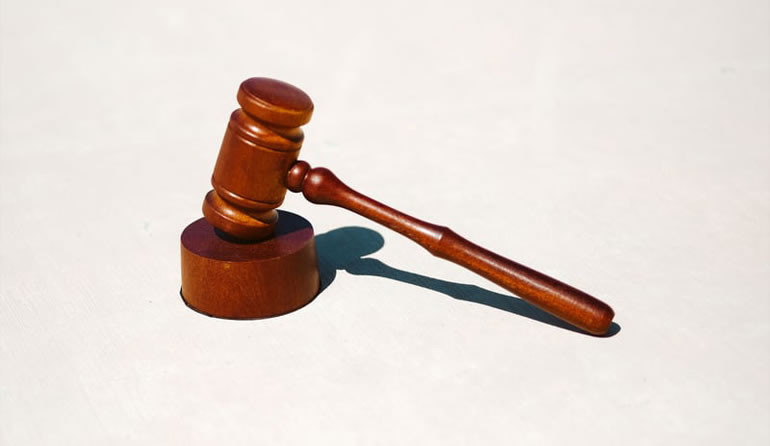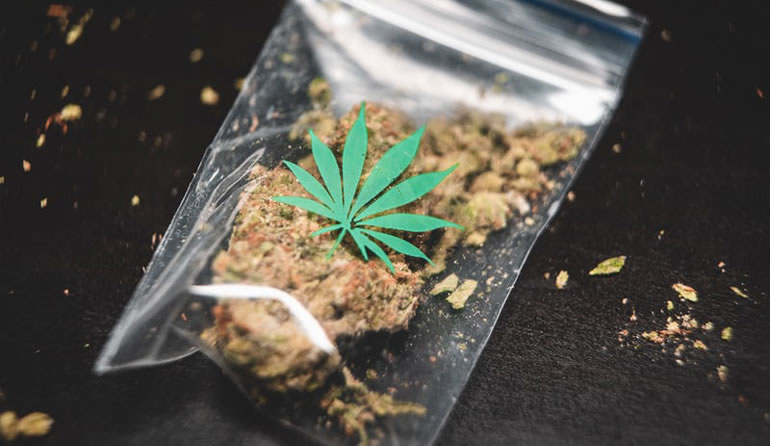
Have You Been Arrested For A Drug Transportation Crime in Arizona?
Everything You Need To Know About Drug Transportation Crime in Mesa, Arizona
As a border state, Arizona acts as a crossroads for illegal drug trafficking. As a result, Arizona has enacted strong regulations with harsh punishments, making the transportation of illicit substances a top concern for federal and state authorities.
Therefore, If you have been arrested for a drug transportation crime in Arizona, know that a conviction could mean several years in jail plus severe fines. Read on to find everything you need to know about drug transportation crime in Mesa Arizona
What is a Drug Transportation Crime in Mesa, Arizona?
According to Arizona State drug laws, a drug transportation crime (also known as drug trafficking) is transporting illegal substances with the intent to sell. It makes little difference whether the illicit drugs are transported over state lines. The law prohibiting the transportation of drugs affects narcotic drugs, dangerous drugs, prescription-only medications, psychedelic drugs, etc.
The following are some examples of illegal substances for which someone can be arrested for trafficking:
- Ecstasy
- Methamphetamine
- Cocaine
- Marijuana
- Heroin
- Xanax
- Morphine
- Oxycodone
- Hydrocodone
- Methadone
- Fentanyl
- LSD
- Ketamine
To be accused and convicted under Arizona's drug trafficking statutes, you do not have to be caught moving drugs across the border. Your intent to sell drugs can be inferred if you have what the law considers a considerable number of drugs (more than the threshold levels ). If there is other evidence of intent to sell, such as scales, lots of cash, distribution bags, or sales ledgers, you could be charged with drug trafficking.
Notwithstanding, the prosecutor must prove beyond a reasonable doubt the following aspects of drug transportation crime:
- You were aware that you had illegal drugs in your possession and had control over them.
- The substances were illegal drugs classified as dangerous, prescription-only, or narcotics.
- You had the drugs with the intention of selling them.
You cannot be convicted of drug trafficking if the prosecutor cannot prove each of the requirements beyond a reasonable doubt. Suppose the prosecutor can prove the first two components but not the third. In that case with a number of controlled substances that exceed the Arizona statutory threshold to prove that you intended to sell the drugs. The following figures represent the amounts:
- LSD –.5 milliliter or 50 dosage units
- Crack Cocaine–750 milligrams
- Heroin–1 gram
- PCP –4 grams
- Methamphetamine–9 grams
- Cocaine–9 grams
- Amphetamine–9 grams
- Marijuana–2 pounds

Penalties For A Drug Transportation Crime in Mesa Arizona
To begin, if you are convicted of a drug transportation crime in Arizona, even if it is your first offense, you will be ineligible for any Proposition 200 diversion programs. Proposition 200 in Arizona permits some drug abuse offenders to seek treatment for addiction rather than being imprisoned.
Second, charges of distribution or possession are sometimes added to drug transportation or trafficking charges, resulting in increased punishments. Thus, if you are found guilty of all charges, you may face extra penalties and have to serve several sentences.
Finally, unlawful drug transportation in Arizona can range from a class 6 felony to a class 2 felony. However, the following criteria determine the severity of the penalties.
The number of drugs you had on you when you were arrested.
A class 3 felony is committed when an amount of marijuana weighs less than two pounds and is transported. A conviction involving an amount of marijuana weighing two pounds or more, on the other hand, is a class 2 felony.
In addition, In Arizona, meth trafficking is a Class 2 felony that carries a sentence of 3 to 12.5 years in prison for a first offense. However, you can be charged in a federal court with drug trafficking if you have 50 grams or more of meth. If you are found guilty in federal court, you will be sentenced to ten years in prison.
Types of illegal drugs you had
Some substances carry harsher punishments than others. Transporting specific types of narcotics may result in a higher sentence. For example, Arizona has been fighting methamphetamines for years. The penalties for trafficking meth are tougher than for other drugs. Therefore, you won't qualify for parole, probation, or a suspended sentence if your accusations contain meth.
The transportation area
If you were caught trafficking in a drug-free or school zone, you might face an additional year in prison.
Previous convictions for drug trafficking
Prior felony or drug-sale convictions can result in more severe sentences.
Presence of minors in the drug transportation offense
Transporting cocaine is usually considered a class 3 felony, punishable by a fine of $1,000 or three times the drug's worth, whichever is higher. However, if you sold to a kid, the felony is upgraded to a class 2 felony, and you might face a term of 12.5 years in prison if you don't have any prior convictions.
Federal cases of drug transportation
Drug transportation crime is almost always a federal felony. If you are convicted in an Arizona court, the amount of narcotics involved determines whether you will be charged in a federal court too.
Drug trafficking carries very harsh federal punishment. You could face 5 to 40 years in prison for a first offense. In addition, other conditions surrounding the drug offense may result in a life sentence. For example, if you smuggle narcotics and someone dies or gets gravely hurt as a result.
Defending A Drug Transportation Charge in Mesa Arizona
You must consult with a drug crimes lawyer before speaking with anybody else if you have been arrested for a drug transportation crime in Mesa, Arizona. Defending drug trafficking cases necessitates a significant effort to obtain reduced fines or dismissal. Getting counsel as soon as possible can mean the difference between going to prison and being free.
While drug transportation is a severe offense in Arizona, various defense strategies might help you lower your penalties or perhaps get your case dismissed.
Ignorance of drug possession
One of the typical defenses used by lawyers to get a lawsuit dismissed is ignorance of drug possession. Your attorney may try to persuade the court that you were unaware of the drug detected in your home or vehicle. According to Arizona law, you must first be aware of the illicit drugs in your control before you may be convicted of drug transportation charges.
Illegal Search and Seizure
Both Arizona State laws and the United States Constitution protect you against illegal searches and seizures. On the assumption that narcotics or paraphernalia are present, police officers may break these laws by searching for them.
Most people are unconscious of their rights and will be convicted based on the evidence gathered without a proper warrant. But a drug crimes lawyer is aware of these rights and may be able to have the case dismissed if an improper search was conducted.
Absence of a Probable Cause
Police officers must have probable cause to conduct an arrest. This means that an officer must have reason to think that a person has breached the law and committed a crime to execute an arrest. An attorney may use this as one of your case's initial lines of defense.
Challenging circumstantial evidence
A prosecution must show that the drugs discovered were intended for sale rather than personal use. To decrease your accusations from trafficking to simple possession, a highly competent drug crimes lawyer may contest the gathered evidence of the intent of sale in your defense.
Other Constitutional Violations
Many drug cases involve due process breaches, denial of counsel, Miranda violations, etc. An attorney is familiar with your constitutional rights and may raise them in your defense.

Conclusion
While being charged with drug transportation crime in Mesa, Arizona, is severe, it isn't the end of the road. You can have a better outcome with the help of a competent drug crimes defense attorney.
